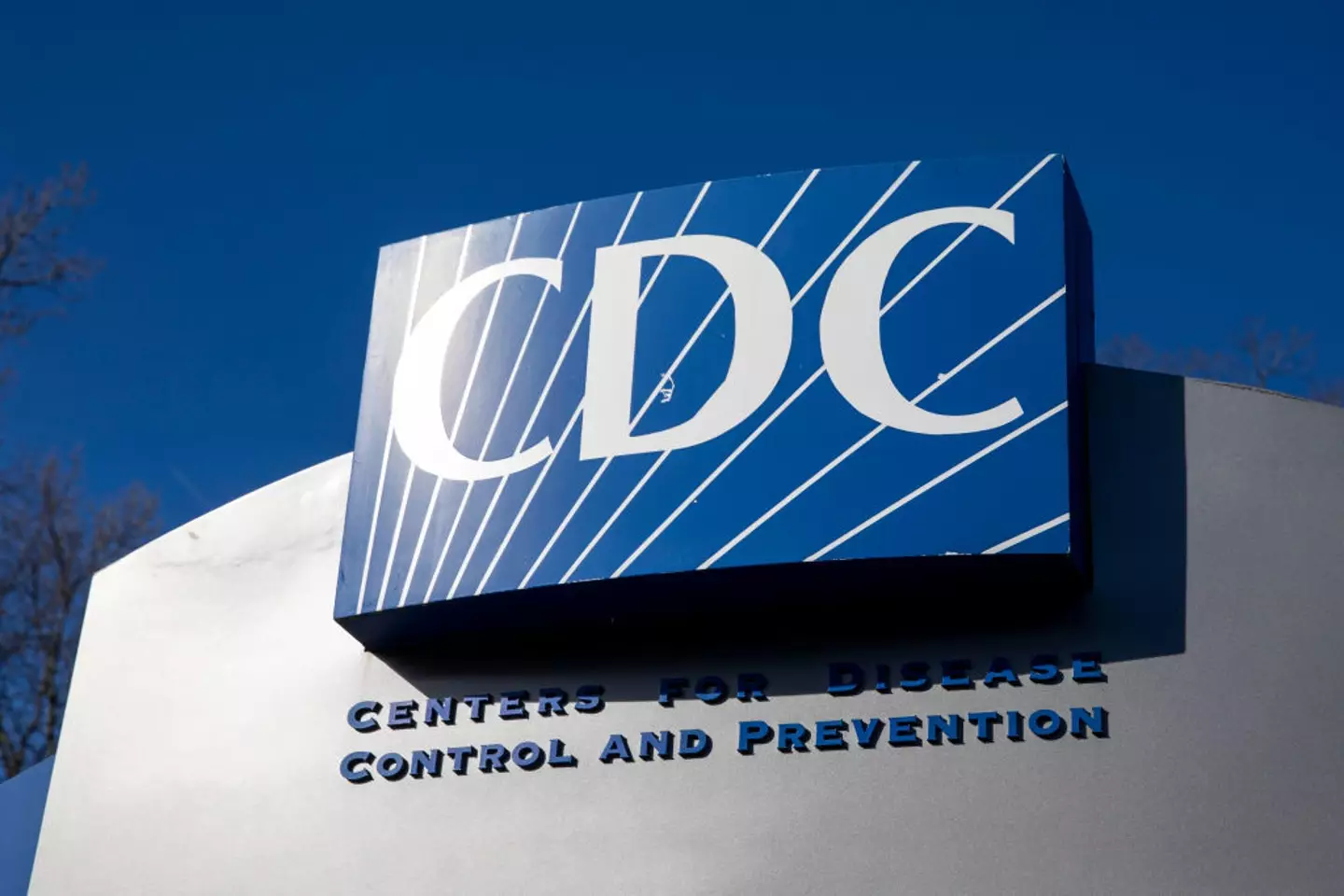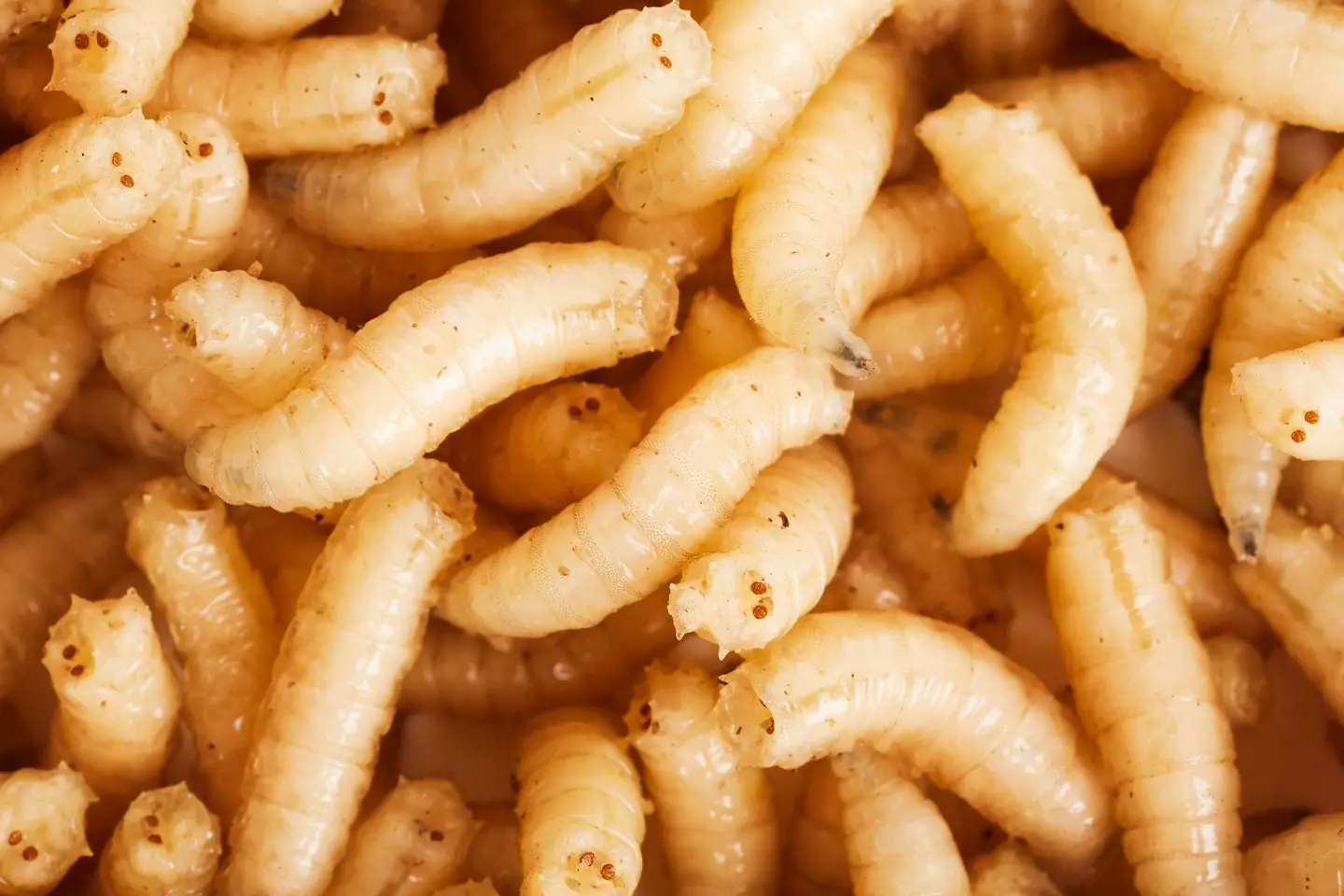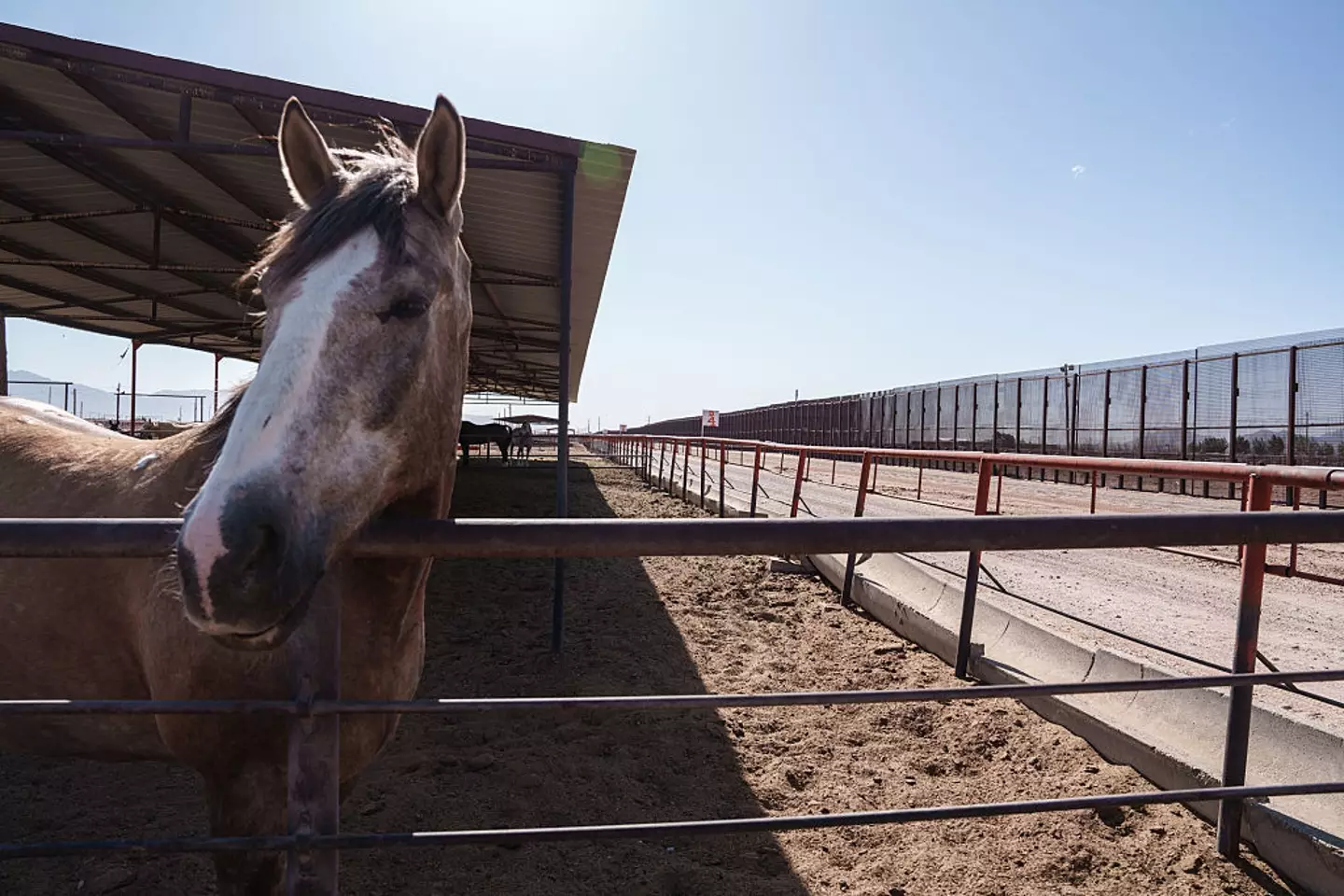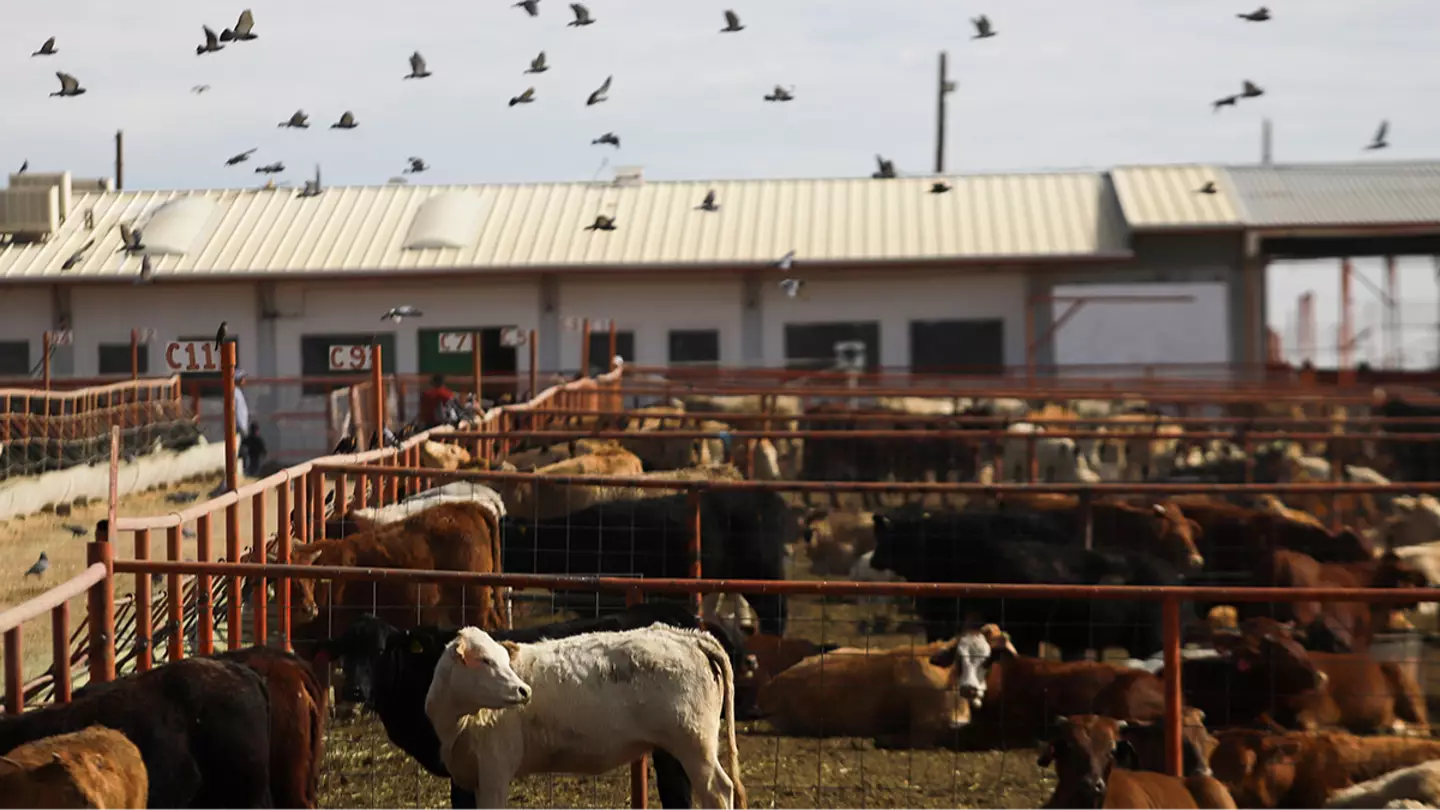The Centers for Disease Control and Prevention have released important information about a flesh-eating parasite, following the confirmation of its first human case in Maryland, USA.
This parasite, known as the New World screwworm (NWS), is a species of parasitic fly that consumes live tissue and can lead to a parasitic infestation called myiasis, where maggots invade human tissue.
The Department of Health and Human Services (HHS) reported the first human case of the parasite in the US recently, noting that it involved an individual who had traveled to El Salvador.
The confirmation of this case as screwworm was made by the Centers for Disease Control and Prevention along with the Maryland Health Department earlier in the month.

Although the parasite mainly targets livestock, it has the potential to infest humans. HHS spokesperson Emily G. Hilliard explained in a statement that this was ‘the first human case of travel-associated New World screwworm myiasis.’
Hilliard also mentioned that the parasite came from an ‘outbreak-affected country,’ but the Maryland Health Department confirmed that the patient had recovered from the infection.
An investigation revealed ‘no indication of transmission to any other individuals or animals.’
While there is no evidence of human-to-human transmission, the CDC noted that the parasite could be transmitted when NWS fly larvae infest the tissue of warm-blooded animals, including humans, in regions where these flies are present.
Screwworm flies tend to be drawn to open wounds, where the female lays her eggs.
These eggs hatch into larvae, or maggots, which then burrow into the wound to feed on flesh.

The CDC has noted that NWS does not normally occur or spread in the United States; instead, it is typically found in South America and the Caribbean.
When the case in the US was reported, the HHS stated: “The risk to public health in the United States from this introduction is very low.”
Certain factors may increase the risk of infestation, such as traveling to areas where the parasite is found and being near livestock.
Others at higher risk include those who sleep outdoors, have open wounds, or have weakened immune systems.
The CDC warns that NWS infestations are extremely painful and can be identified if maggots are present in or around open wounds. Anyone suspecting an infestation should seek immediate medical attention.
Additional symptoms of an infestation may include:

Although there is no evidence of a human outbreak, this parasite poses a serious threat to cattle herds, wildlife, and pets.
To address potential outbreaks, Agriculture Secretary Brooke L. Rollins has outlined a five-part strategy, which includes the breeding and release of sterile flies over southern Texas and Mexico to curb the spread of the parasite.

